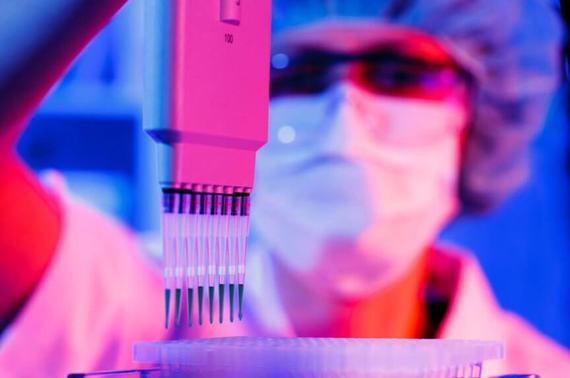Just when I think that I might be getting a bit of a handle on the various types of breast cancers and how they most frequently manifest themselves, I somehow manage to come across something that once again startles me. I am the first to acknowledge that there are many different types of breast cancers but recently I saw a discussion about Inflammatory Breast Cancer (IBC), a type of breast cancer that I had not previously encountered. Of course, I had to research this and found a site that provided me with some great information that I felt compelled to share.
While IBC is rare, accounting for 1 to 5 percent of all breast cancer cases in the United States, it is serious and very aggressive. But what was most surprising to me is that it does not usually produce an obvious lump like most other types of breast cancer. Furthermore, IBC produces symptoms that are quite similar to those of a breast infection. This sometimes delays a proper diagnosis.
Most importantly to note is that none of us are medical professionals and just as we should immediately consult our primary care physician if we find a lump in our breast, we should also contact our physician when we note other signs of change in our breast. If you have red or swollen breasts, you don't need to be told that something is wrong. However, as these can be signs of either a breast infection or inflammatory breast cancer, your response should be immediate. And regardless of which may be the cause in your particular case, the sooner that a diagnosis can be made, the better your chances are for successful treatment.
While we hope that if we have our yearly physical and it includes the requisite breast cancer screenings, that does not mean that you have nothing to do for another year. This is the reason why monthly self-examinations of our breasts are recommended and why we need to note any changes of any type that happen to our breasts. Every woman knows her own "normal" when it comes to her breasts and should any type of change or difference occur, it should be immediately noted and addressed. Of course, we hope that it is nothing of importance but given the fact that it could be something that needs immediate attention, we must remain vigilant in our personal advocacy.
As anyone who has ever dealt with cancer knows, most often the immediate attention to any health matter is key. Not only can the physical symptoms be addressed and treated but also the anxiety that accompanies the not knowing what is happening be limited. We all know someone who has become aware of something that is of a medical concern who was afraid to share the information with her doctor in case it was something bad. We find ourselves trying to convince that woman that it is in her best interest to seek immediate medical advice, particularly if it is something that is aggressive, so that steps can begin to heal the situation.
We need to put ourselves first when it comes to our health. We need to become our own best advocates. If we find a lump or any other kind of physical change with regard to our breasts, we need to contact a medical professional immediately. It may be absolutely nothing or it may be something that is very serious. Under any circumstances, the immediate attention gives us the information that we need to deal with the situation as soon as possible in order to maximize the best outcome possible. And when all is said and done, if we take control of our own health choices and treatment, we have empowered ourselves in a way that may be nothing short of life saving.
